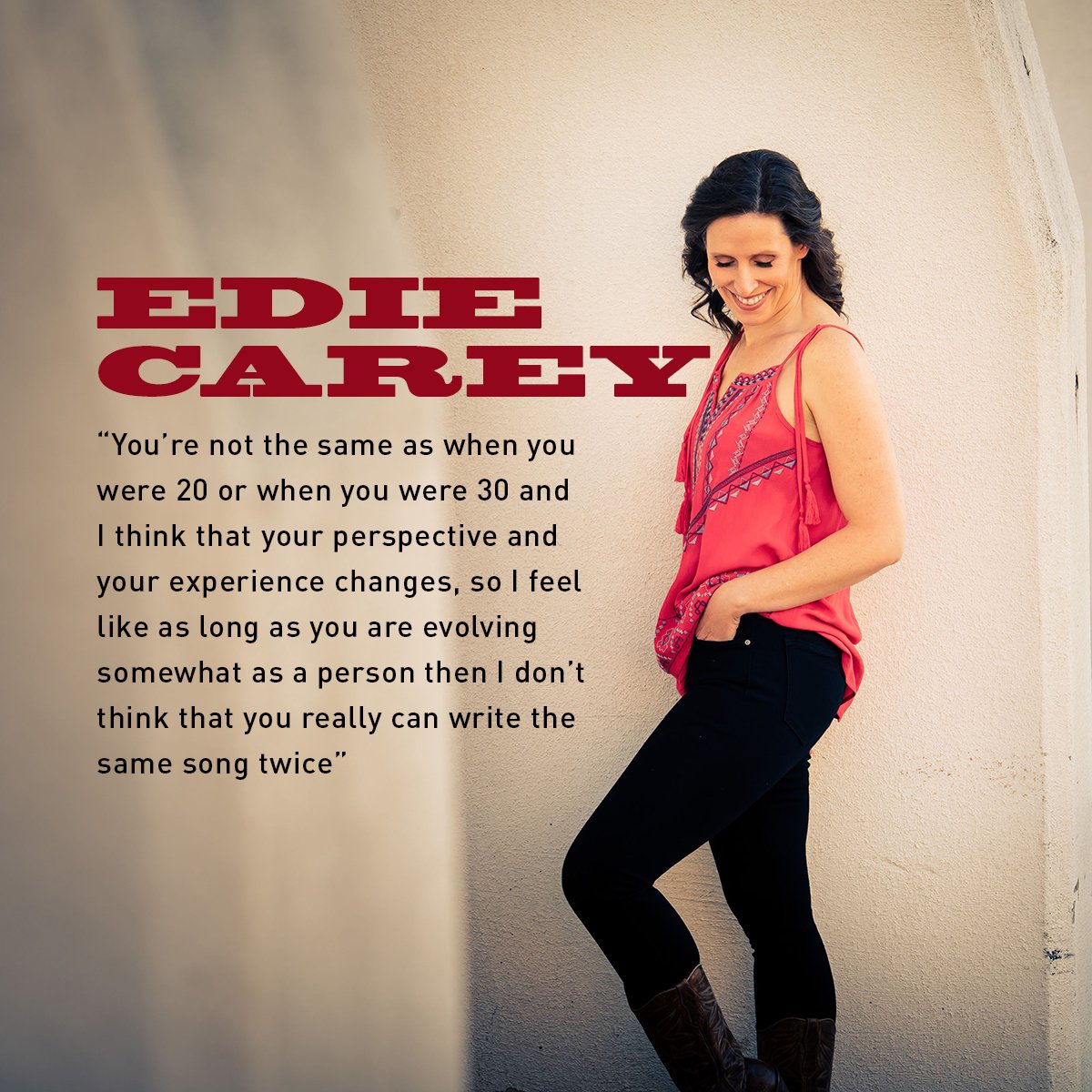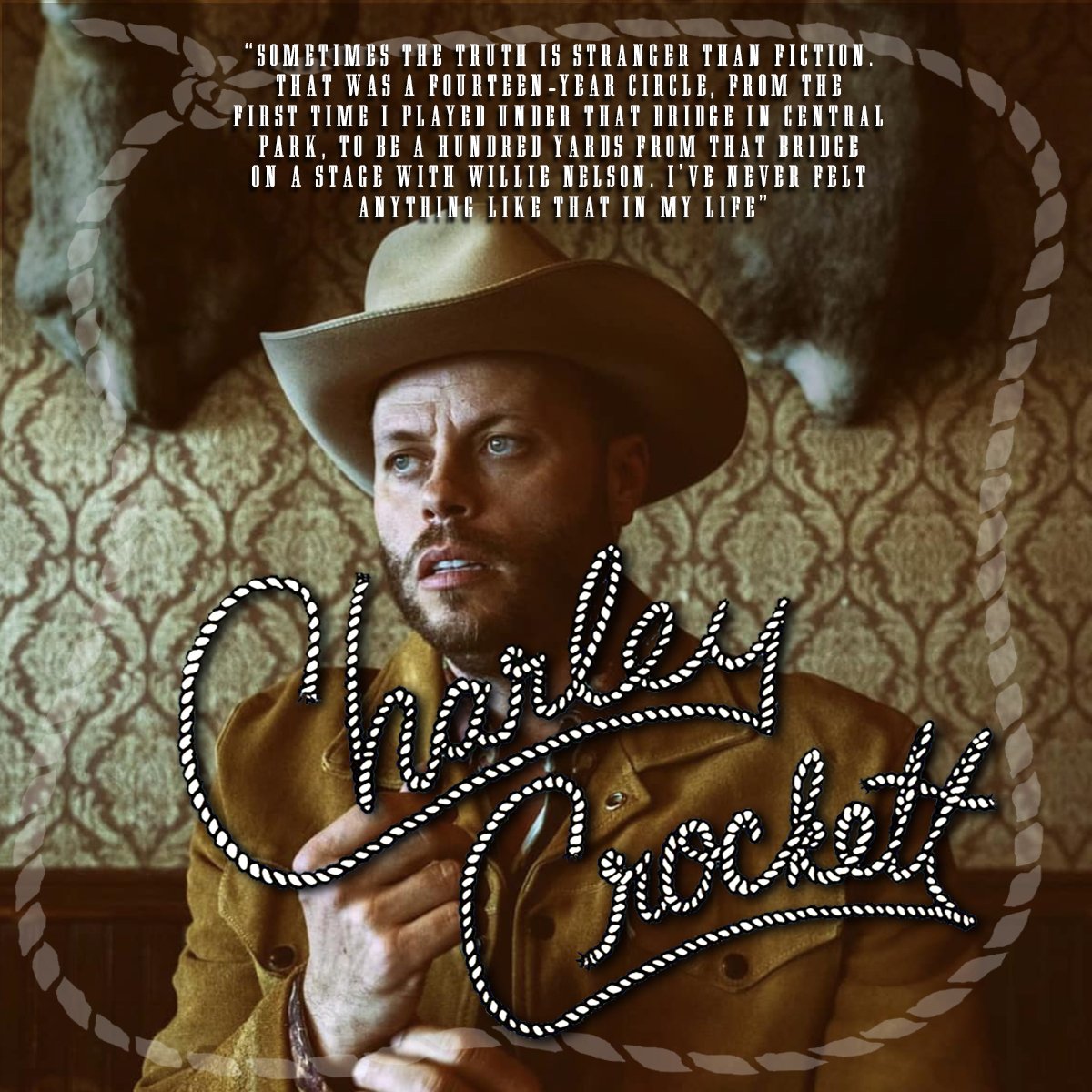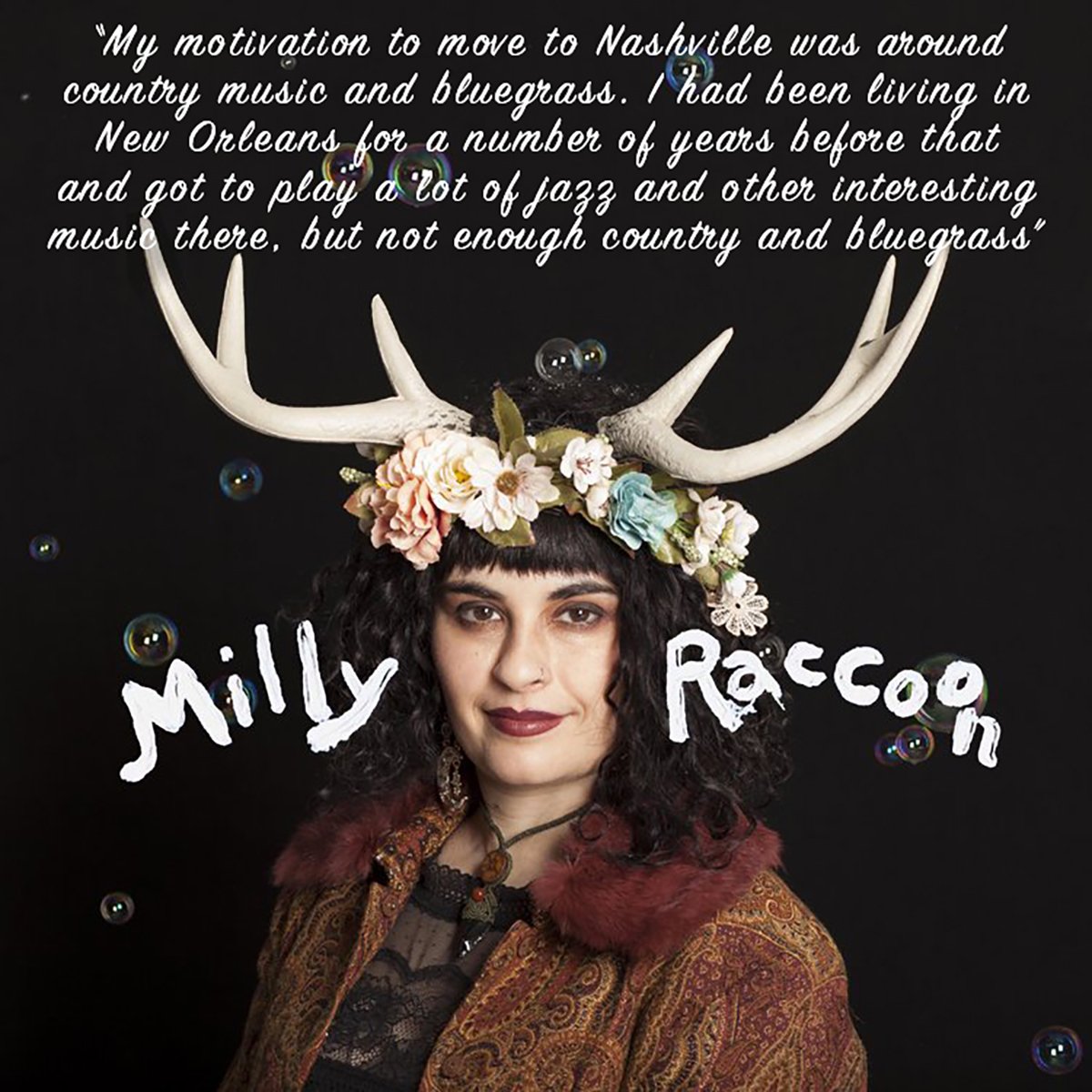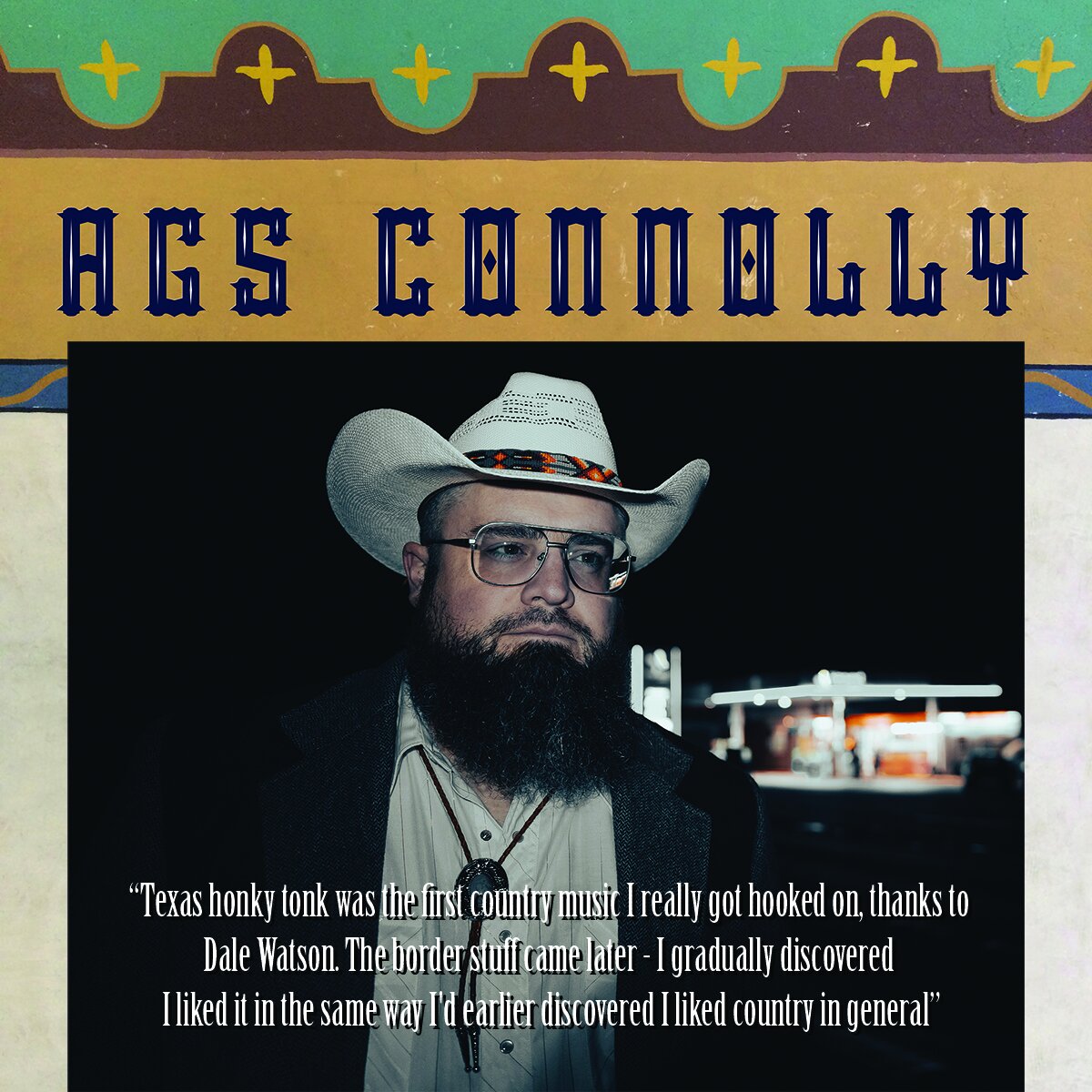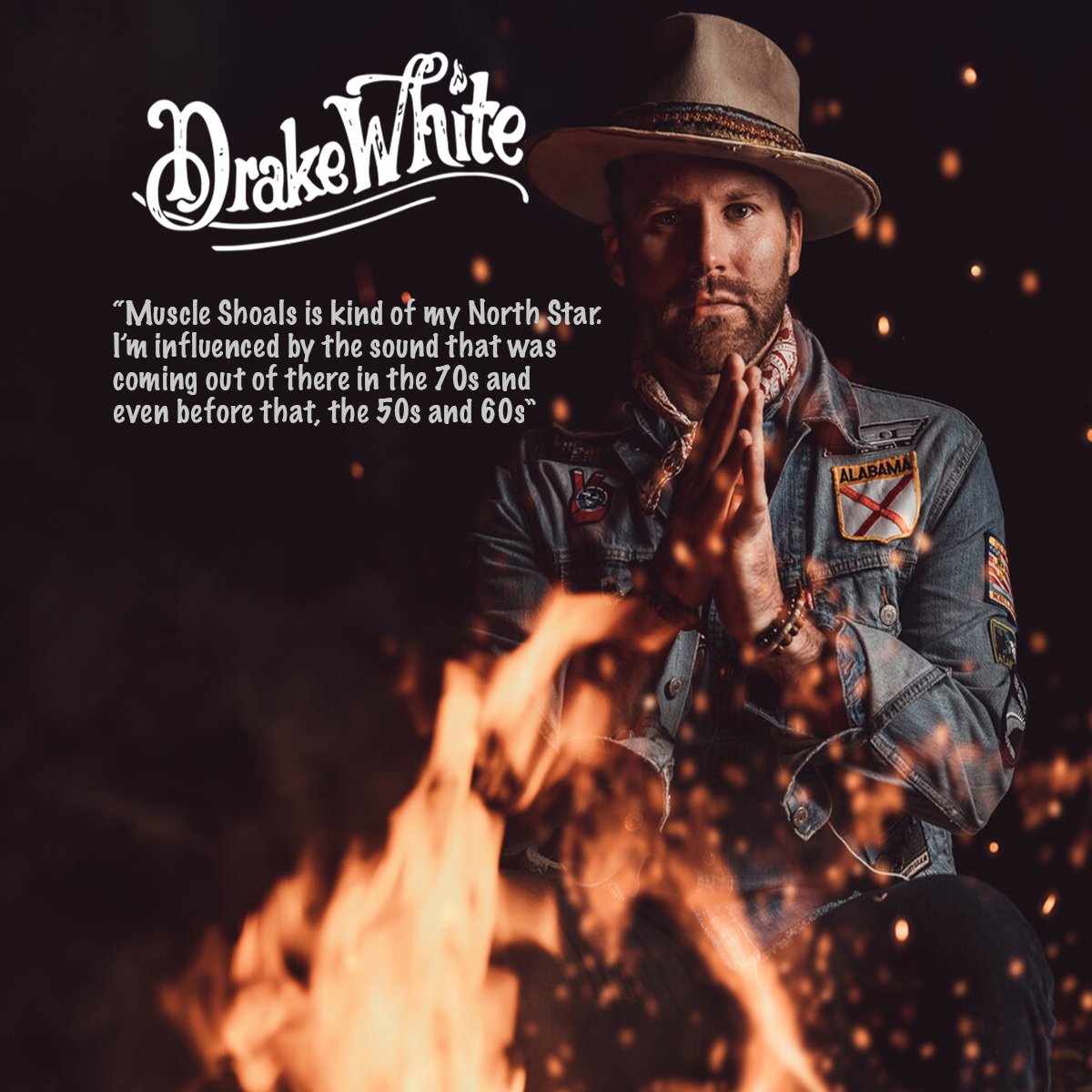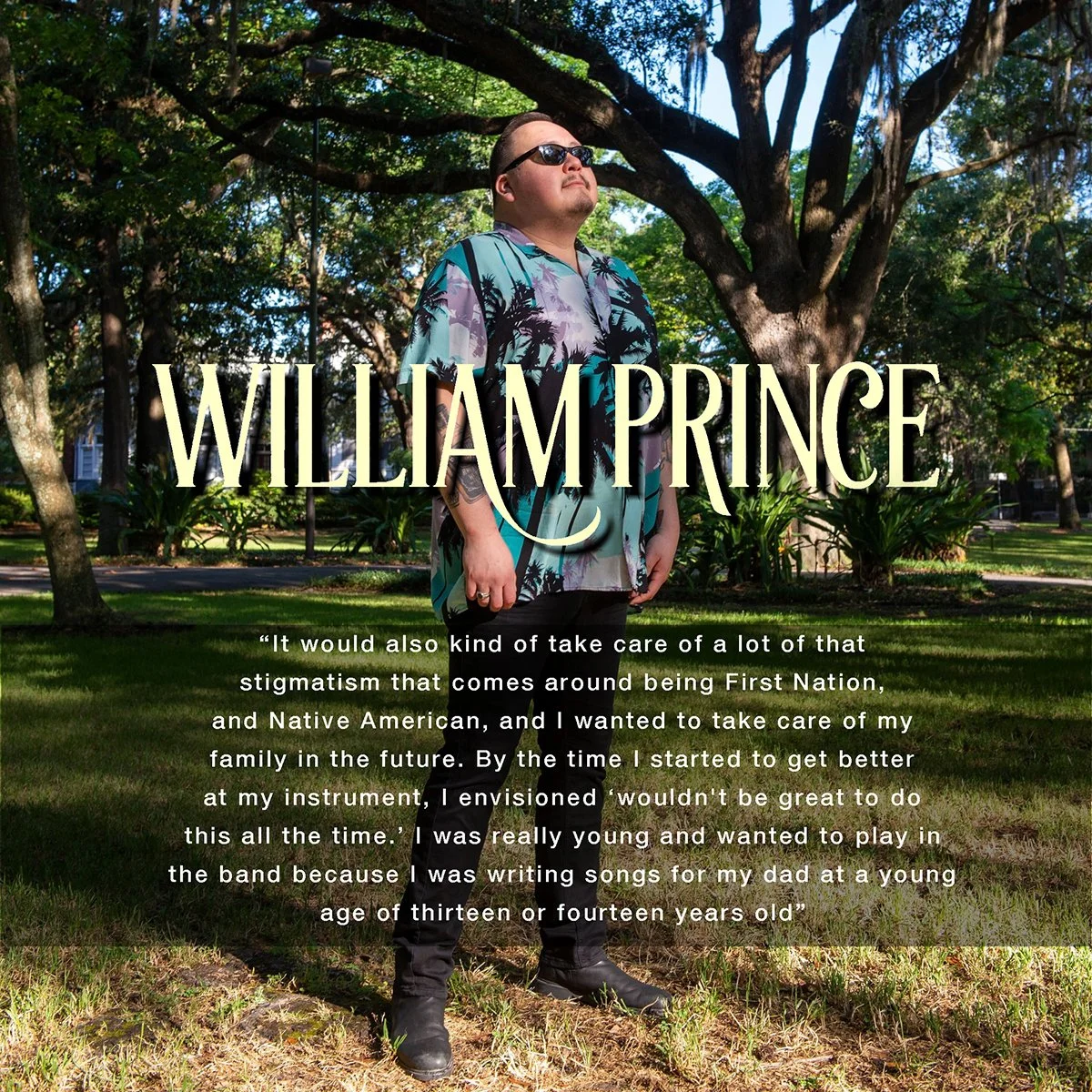It can take a decade of commitment, frustration, endless hard work and a lot of good fortune to make a breakthrough in the crowded music industry that is Music City, Nashville. Not so in the case of Colorado- born singer, songwriter and musician, Jobi Riccio. Having moved to Nashville after completing her studies at Berklee College in Boston, in a few short years Jobi has recorded and released two records, got signed to the Yep Roc label and earlier this year was awarded the Newport Folk John Prine Fellowship. Her first record, STRAWBERRY WINE, was loaded with catchy tunes and was a reflection of her childhood, surrounded by classic country and bluegrass. Her recently released record, WHIPLASH, is an entirely contrasting affair. Jobi’s unflinching lyrics tackle thorny matters such as sexuality, the transition from adolescence to adulthood, vulnerability, and rejection. Forged from both modern and traditional roots, and with a splendid production and a host of great players, the album is one of the standout recordings of the year for me. Jodi’s enthusiasm, commitment to her art, and overall positivity were very much to the fore when we recently chatted with her.
Were you part of the Colorado bluegrass and country scene growing up?
The first musical community that I found was when I started playing mandolin at eight or nine years old after hearing Nickel Creek on the radio, but I didn’t actually start taking mandolin lessons until I was fourteen. There is a pretty strong bluegrass scene in Colorado and they were the first people that took me under their wing and thought that I was good and could have a career in music. I still have friends in that world and still go over there and jam with those friends from time to time.
I understand that you were awarded a scholarship at Berklee College of Music in Boston.
Yes, I ended up getting a scholarship that helped me finish at Berklee, it was through the family of the blues singer and Boston artist, Lee Villiare, who had passed away. The scholarship meant that I was able to finish debt free which is pretty incredible.
How did you find studying at Berklee? Was it an enjoyable experience or did you find it overwhelming in any way?
I had a mixture of both. I did find it overwhelming at first but did eventually adjust. I had never been in an academic musical setting before; I didn’t grow up with a music theory education. Where I grew up did not have a great musical or arts programme in the schools, nor did the private Catholic school that I ended up attending for high school, there wasn’t an emphasis on arts or music at all. That adjustment was really hard at first for me but once I felt that I could catch up and hold my own in the more rudimentary music classes, I quite enjoyed it. It was stressful but I feel that I found a great community there, both through the school and outside in the greater Boston and New England folk scene that I came to be a part of by working at Club Passim, which is a great folk club in Cambridge, across the river.
You then shifted two hundred miles from Colorado to Nashville. Had you contacts in Nashville before moving there?
I knew a lot of people there and also friends of friends and music people that I had connected with through social media. The social transition was not too hard but Nashville is a completely unique place in that it is so transient with people coming and going a lot. It can be super hard to feel connected here, simply because people are on the move so much. And those moments of connection do help me to feel good about being part of the community here. I won’t lie, it is tough because in the heavy touring season in the summer, Nashville becomes a ghost town.
Did you have many opportunities to play during your early time there?
I was relatively fortunate because I knew so many folks here that really helped me. I actually had more trouble getting gigs back in Denver, in particular gigs where I could play my original music. I did a lot of cover band and bluegrass gigs back in Denver and Colorado as a teenager and I continue to do those because they are fun but at the end of the day, I have studied songwriting and had this record I was working on and I was really excited about my original stuff. Nashville is a more nurturing scene because there are so many people looking for places to play their original music and looking to write and collaborate. I think I had an easier transition coming here because there are definitely gigs to play in Nashville but it can be hard to find what you would call a really solid gig when you first move here, so it’s important to play in rooms even if you feel it’s the worst gig ever and everyone’s yelling over you and you make literally no money at all, because you meet other people on the bill, other musicians just like you, and you become connected to your community that way.
What venues in particular gave you the space to perform your own material?
I’ve played The Basement a lot, I really like that venue and think that it’s really intimate and can take on energy from the audiences they get in that room. It can also be both a listening room space or a raucous rock club. I also love playing at The East Room and Dee’s Cocktail Lounge, I played there a good amount and there’s a real party vibe at Dee’s.
You were awarded the Newport Folk Festival John Prine Fellowship earlier this year. How did that come about?
That was something that I wasn’t even aware of at the time. My manager briefly mentioned it to me as something he was thinking of recommending me for. I hadn’t met John’s wife Fiona Whelan or his son Jodi, so I didn’t know Jodi when he came to one of my shows at The Basement this Spring in Nashville. He heard my music and my songs and soon afterwards I heard that they had chosen me for this Fellowship. I was over the moon; it is the biggest honour of my lifetime and it’s been amazing meeting John’s family.
Your first recording, STRAWBERRY WINE, was very much a reflection of the bluegrass and country music that you grew up with. Did you feel pressurised to go down that road with your debut record?
I didn’t feel pressurised, I was just really interested in that sound at the time. That was the music I was studying at the time, I was a complete music history nerd into decades of roots, folk and country music. I was just devouring all that music in early college around the time I released that EP, STRAWBERRY WINE. I put that together so that I would have something to sell at the merch table and have something physical that was representative of what it might sound like if you came to my shows, which at the time were centred around a string band. That then developed into a country band and from there I feel like it has become less about what the genre is and more about ‘here are the songs, here is my story, here is what I want to convey and connect with.’ I’m taking inspiration from other genres and not just classic country or bluegrass, and I feel like making that first record was a great introduction. It doesn’t feel like who I am anymore but it is definitely a part of me and where I come from. I sold out of all the physical cd’s so people obviously bought them.
Your new record, WHIPLASH, is most certainly ‘here is my story.’ It relates your journey from adolescence to adulthood exceptionally well and with no holds barred. Did you have any hesitation opening up to that extent?
I didn’t have any hesitation because it was what I was writing about and songwriting has been a process and tool for me for a long time. This record is relatively personal and is really me coming into my own as a writer in different ways. A lot of my favourite artists’ music is pretty personal. I’ve always loved Joni Mitchell and her music is very personal, she just lays it out there, she is the original one to do so. I’ve also always been touched by vulnerability; it is a powerful thing. The shows that I go to and remember are ones where I can share in the artists’ vulnerability, be moved by, and go home afterward inspired to write.
Getting signed to the Yep Roc label is an endorsement of the album’s quality. How did you make that connection?
One of the co-producers on the record, Gar Ragland, is from North Carolina, based in Ashville. He knew some of the folks at Yep Roc through that North Carolina connection and brought the record to their attention. The album had been recorded at that point, I co-produced it with Gar and Jessie Timm, who is a friend of mine from college. A patchwork of friends from all over the country play on the record because we did the bulk of the recording in 2020 and 2021. Mike Robinson, who played pedal steel and electric guitar and also played on STRAWBERRY WINE, is on the album. Josey Toney, who played the string and fiddle parts, was also on my first EP.
The production is also very impressive and quite nuanced and experimental. Who co-produced with you?
At the very beginning of the process, it was just myself and Gar Ragland and we had endless time to think about it because of the pandemic and lockdown. We were thinking about records that we were really excited about and the ones that played into the strength of my songs which come from different influences and genre fluidity, as so many of my favourite artists also do. A friend of mine from college, Jessie Timm, has worked on my music with me and is someone that I have taken my songs to since those days in college, we used to write literally side by side in the dorms. She has worked very closely on my arrangements for a long time and is a creative partner of mine. She was pushing me to think about the artists that I really love, like Anais Mitchell and the work she does with Bonny Light Horseman, because there is so much being played with in those songs and arrangements. That was certainly an influence, we listened to that Bonny Light Horseman first album a lot. I was also aware of Isaiah Beard, he had also gone to Berklee, he was a year ahead of me so we never connected at school. He had done a record with two of my friends and I thought the production was super moody and had this indie and contemporary spacey touch. So, bringing him on board took the project into the more experimental place that it is, with all those super spacey interesting reverbs and playing with mellotron, having woodwinds, different ways of having my voice doubled in more of an Elliot Smith and Phoebe Bridgers way, and still using pedal steel. We also had country songs like Relief, which was part of weaving together this tapestry of a record thanks to that creative team that all worked together and brought different strengths to the project. I just think I got so fortunate to have worked with all those people.
The lyrics are so clever yet honest and revealing. I love the lines on Sweet, ‘I’ve squeezed these hips into someone else’s jeans and I have said I’m sorry when I didn’t need to be.’
Thank you. Sweet is being played on the radio a lot over here on different folk and Americana stations
For Me, It’s You, is a super classic love song. I could imagine that song being covered by others and making you a lot of money.
Thank you. Hopefully, it will, I need the money (laughs).
Is that song based on personal experience?
It is based on a personal experience and I was moved to finish that song as it’s also based on universal experience. Like I say in the song, everyone has someone who does not love them back and experiences that pining and longing at some point or another. It is a personal song, but it’s also inspired by classic songwriting and specifically classic country songwriting.
What songs are getting you the most feedback so far?
Probably the two you mentioned, Sweet and For Me It’s You. Those songs are such a contrast to each other. They are both lead singles and I think both songs grab people because of the personality, attitude, and lyrics. I was also looking to write some classic songs, so it’s very affirming to hear positive feedback from people. I’m really interested to hear about other songs on the album because it’s difficult to get people to listen to a full record. I have some sleeper favourites on the record and I’m interested to see if they also have an impact on people.
The ’Queer Country’ community in Nashville is booming at present with artists like Jaime Wyatt, Brandy Clark, Brandi Carlisle, to name but a few, leading the charge. Do you feel part of that community since moving there?
I definitely feel part of that community and it is a very special thing and expands beyond Nashville, even if it is a hub here because people are always travelling through here. It’s all about queer artists taking up space in folk and country music, which used to be totally rejected and particularly in mainstream country, and now that community is having a bit of a moment. It’s great to see music as a whole become more diverse, social media has allowed more interesting and diverse voices to be heard, voices that I think we needed for a long time.
Interview by Declan Culliton Photograph by Anthony Mulcahy


